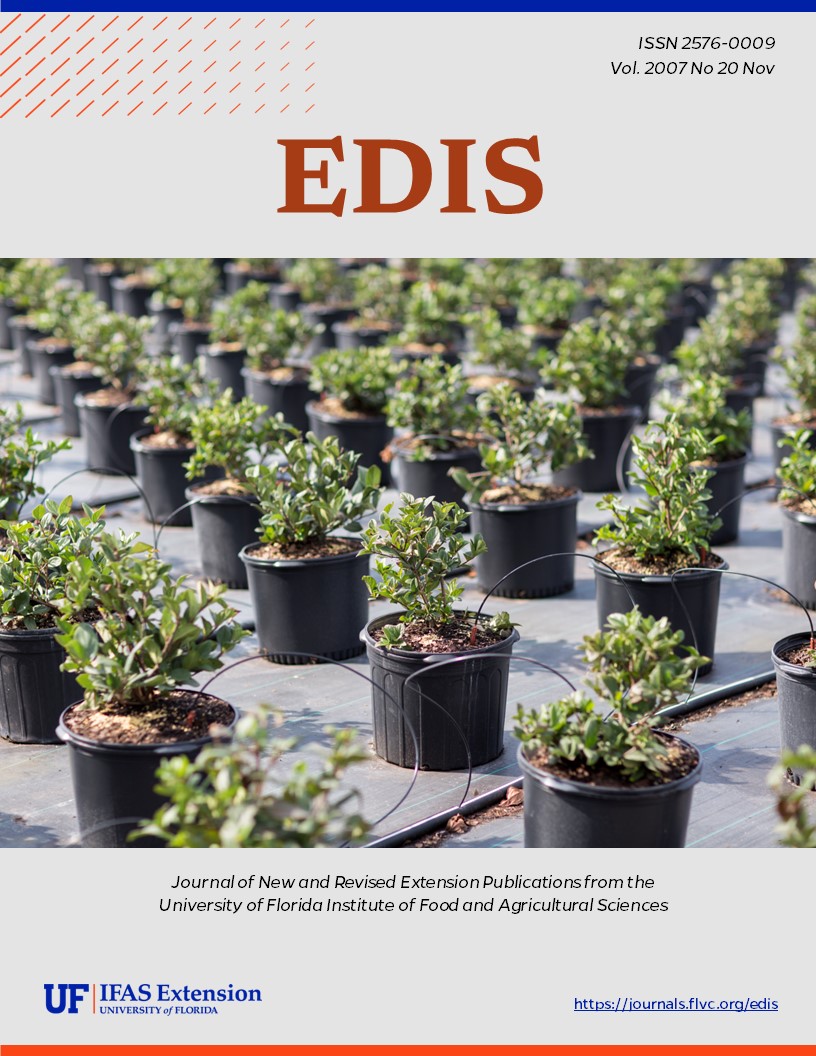Abstract
FCS2281, a 3-page fact sheet by Jing Zhang and Kate Fogarty, offers a fresh perspective on homeless youth. While these youth are often viewed as deviant and low in self-control, recent research finds that they have numerous strengths and efficiently use various resources to their advantage. The publication advocates taking a strengths-based (rather than problem-based) perspective when helping these youth. Published by the UF Department of Family, Youth and Community Sciences, October 2007.
References
Baron, S. W. (2003). Self-control, social consequences, and criminal behavior: street youth and the general theory of crime. Journal of Research in Crime and Delinquency, 40(4), 403-425. https://doi.org/10.1177/0022427803256071
Bender, K., Thompson, S. J., McManus, H., Lantry, J., & Flynn, P. M. (2007). Capacity for survival: exploring strengths of homeless street youth. Child Youth Care Forum, 36, 25-42. https://doi.org/10.1007/s10566-006-9029-4
Borden, L., Serido, J., Abril, M., Woodridge, K., & Dang, D. (May, 2007). Youth driven programs to promote social justice and civic responsibility. Presentation at CYFAR Conference, Chicago, IL.
Joniak, E. A. (2005). Exclusionary practices and the delegitimization of client voice. American Behavioral Scientist, 48(8), 961-988. https://doi.org/10.1177/0002764204274204
Kidd, S. A., & Davidson, L. (2007). "You have to adapt because you have no other choice": The stories of strength and resilience of 208 homeless youth in New York City and Toronto. Journal of Community Psychology, 35 (2), 219-238. https://doi.org/10.1002/jcop.20144
Rew, L., & Horner, S .D. (2003). Personal strengths of homeless adolescents living in a high-risk environment. Advances in Nursing Science, 26(2), 90-101. https://doi.org/10.1097/00012272-200304000-00002

